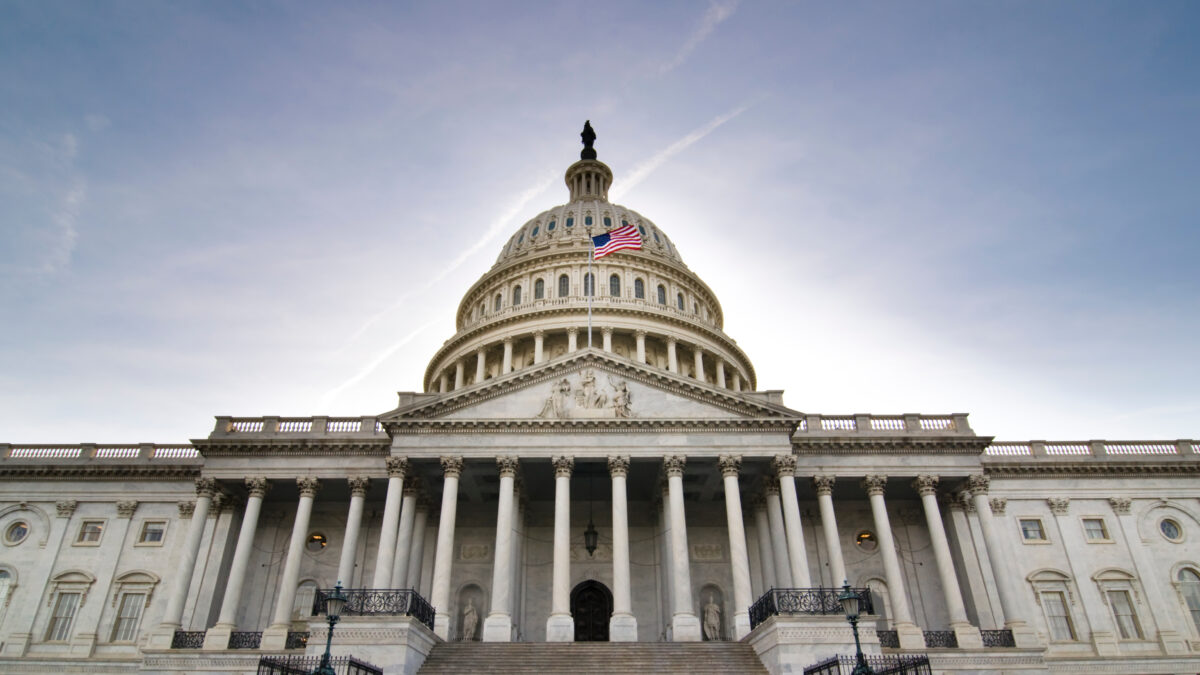People who seek treatment for mental health conditions often struggle to get the care they need. Now the Biden administration is stepping in to change that.
Enforcing Mental Health Parity Law
President Biden recently announced renewed efforts to ensure mental health parity – a requirement that insurance companies treat mental health services the same way they treat physical health services.
Congress passed The Mental Health Parity and Addiction Equity Act in 2008, and mental health parity has been a bipartisan priority for decades. But insurers have consistently found ways to avoid paying for mental health and substance abuse treatment.
Through a rule issued jointly from the Department of Health and Human Services, the Department of Treasury and the Department of Labor, the administration would clarify the 2008 law to reduce barriers to care:
- Health care plans would be evaluated on how many prior authorization requests are required, and how many are denied.
- Insurers couldn’t use paperwork traps to reduce access to mental health services – and they’d have to prove it to regulators.
- Health plans offered by state and local governments would no longer be exempted from mental health parity requirements. Some 90,000 consumers rely on these health plans, and the parity rule would extend to them for the first time.
Timely Reforms for Mental Health Patients
When it comes to mental health care, patients already in distress face a tangled jungle of prior authorizations, out-of-network providers, high copays and long wait times.
Insured people are more than twice as likely to be driven out of the covered network for mental health care. And they incur higher out-of-pocket costs than they would for a similarly priced physical condition. Uninsured people may not seek care because of cost.
Meanwhile, access to and use of mental health services are unequal across demographic groups:
- Women are more likely to seek mental health care than men, according to CDC statistics.
- Patients of color are less likely to get care than white patients, and more likely to forego care due to cost.
- Adults far from cities were significantly more likely than urbanites to have taken medication for their mental health, but less likely to have seen a counselor or therapist.
These gaps in care put vulnerable Americans at risk.
The Biden administration’s proposed rulemaking would go a long way toward realizing the vision of mental health parity by reducing the barriers that keep patients from accessing vital mental health services.




